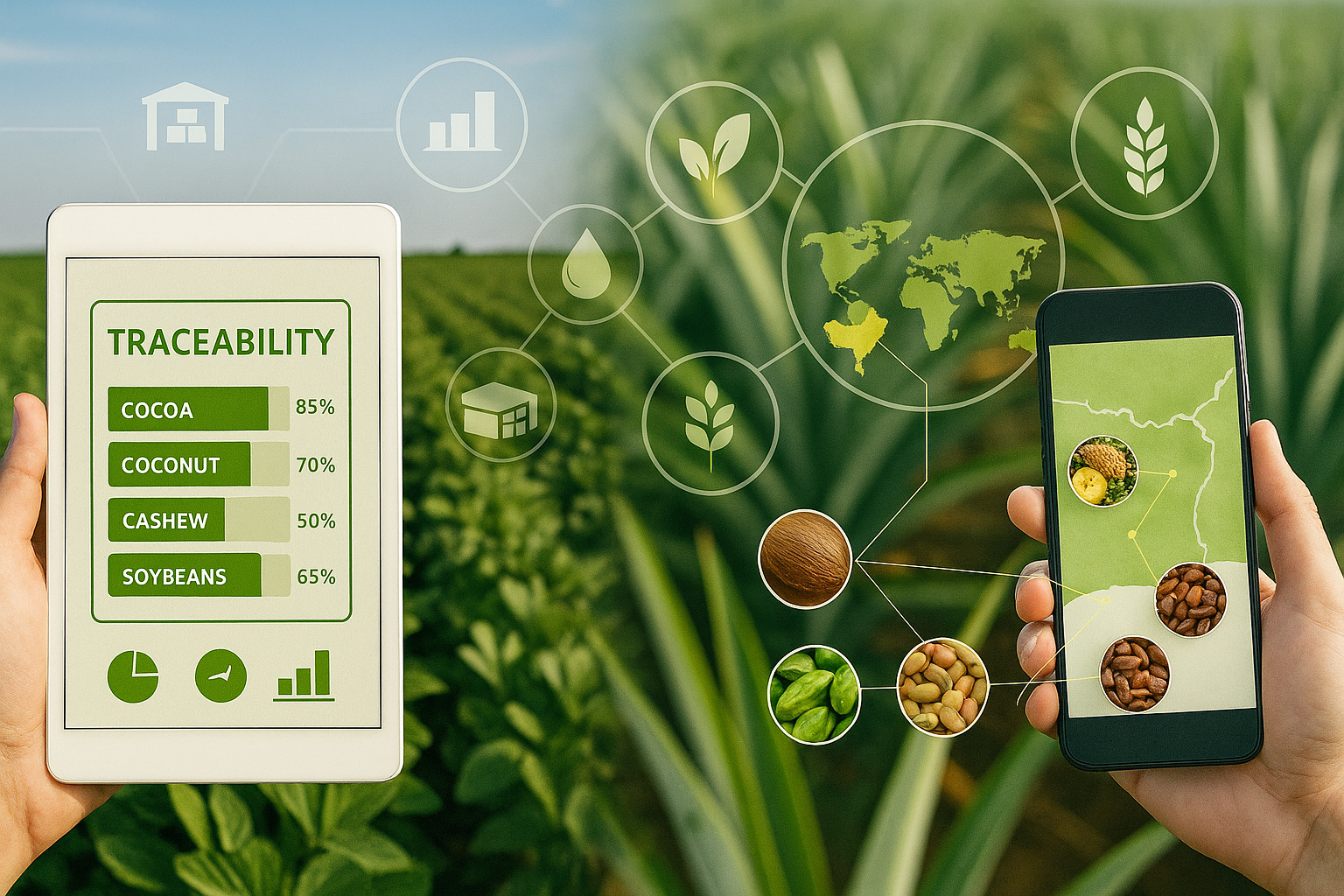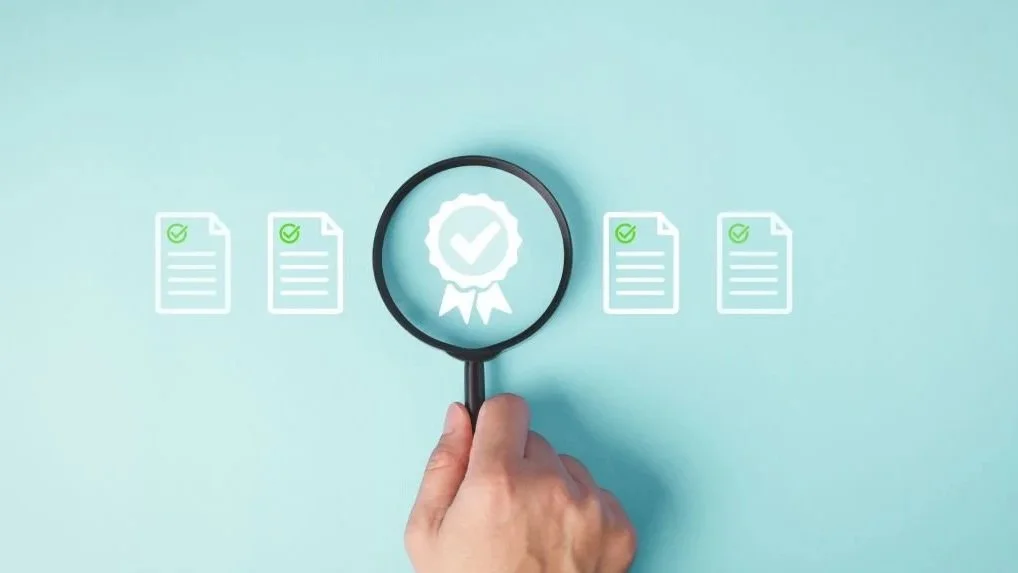Why Traceability Is Becoming the New Currency in Agribusiness
In today’s agri-trade, compliance isn’t a box to tick; it’s the currency that buys trust. Food quality has become the measure of credibility, and traceability is now the passport that decides who trades and who’s left behind. Buyers no longer take producers at their word; they want evidence, lab tests, certificates, transparent sourcing data, and supplier accountability. Across the global food industry, the rules have changed. Climate shocks, food-safety scares, and counterfeit commodities have made importers cautious and regulators stricter. What used to be an optional formality has become the defining edge between market access and market exclusion.
Why compliance is the new competitive edge
Industry data shows that food-safety regulations, certification protocols, and sustainability audits have become prerequisites for cross-border trade. According to recent reports from Agropreneur NG, “buyers are now evaluating suppliers based on proof of compliance and consistency of quality rather than cost alone.” Traceability platforms like Trace Ag Tech and CropIn confirm this shift: every batch, every movement, every certificate now forms part of a digital trail that allows importers to trace a product’s journey from field to factory. This isn’t just about safety; it’s about reputation. Once a brand or supplier loses that trust, no price discount can buy it back. For exporters and processors, this means one thing: compliance is no longer a cost; it’s capital.
Testing, transparency and the new trade reality
At Styyer, we’ve built our operations around this reality. Every product, from cocoa butter and coconut oil to dried fruits and peanuts, goes through multi-stage verification:
Laboratory testing for contaminants, microbiological safety and moisture levels.
Certification audits aligned with GSA, FDA, HACCP and ISO standards.
Partner due diligence that screens every processor for export readiness and documentation discipline.
Traceability documentation that links farm, processor, and shipment under a unified digital chain.
This process isn’t bureaucracy; it’s insurance. It protects our buyers, strengthens brand integrity, and ensures that every container leaving West Africa represents reliability, not risk.
Partner due diligence: quality by association
We recognise that our reputation travels with our partners. That’s why Styyer applies a structured onboarding framework before engaging with any processor or cooperative:
Compliance audit – checking licensing, certifications and export track records.
Facility review – ensuring hygiene standards, safety procedures and documentation accuracy.
Sample testing – verifying quality through independent or accredited labs.
Continuous monitoring – periodic updates and surprise audits to ensure consistency.
In an era where one non-compliant shipment can close doors with major buyers, this discipline separates credible exporters from opportunistic brokers.
The traceability advantage
Digital traceability systems now allow every batch to be mapped from farm to container. For buyers, that means accountability. For producers, it means visibility and better market value.
If a batch meets full documentation and quality thresholds, it earns premium recognition.
If it doesn’t, the trace log shows exactly where improvement is needed: field, factory or logistics.
That’s how traceability converts from a “tech trend” into a real economic advantage.
For buyers: proof over promises
Global procurement teams are under pressure to demonstrate ethical sourcing, ESG compliance and food-safety transparency. They want partners who can provide:
Verified certificates (HACCP, FDA, ISO, JEPA)
Batch-level COAs (Certificates of Analysis)
Origin and logistics documentation that can stand up to customs or retailer audits
At Styyer, we deliver all three not after purchase, but before it. That’s how we convert caution into confidence.
Outlook: credibility will define the next decade of trade
As global regulations tighten, credibility becomes the true currency. African suppliers who master compliance and traceability will not only access new markets but also command better margins. Styyer is already investing in on-ground verification networks, lab partnerships, and digital traceability tools that give our buyers real-time assurance. Our goal is simple: to make African exports synonymous with quality, compliance and consistency.
Styyer Insight
“In today’s market, compliance is capital and traceability is trust. At Styyer, we don’t just sell commodities; we sell assurance, proof and peace of mind. Our partners don’t have to wonder where their products come from; they can see it, test it and trust it.”


